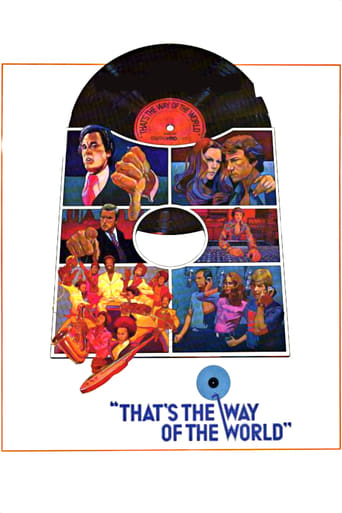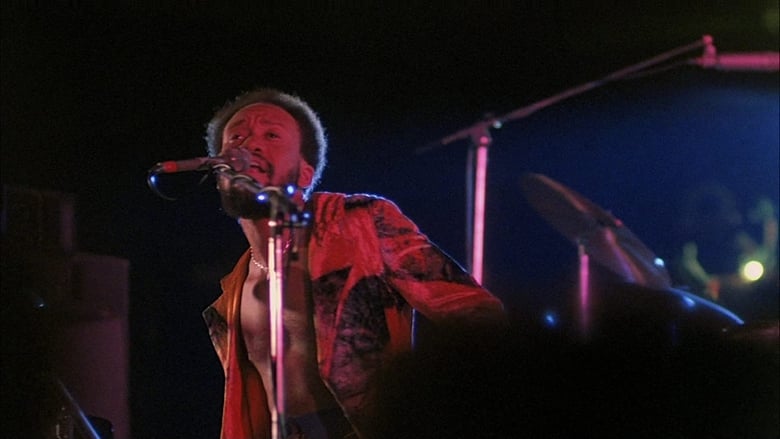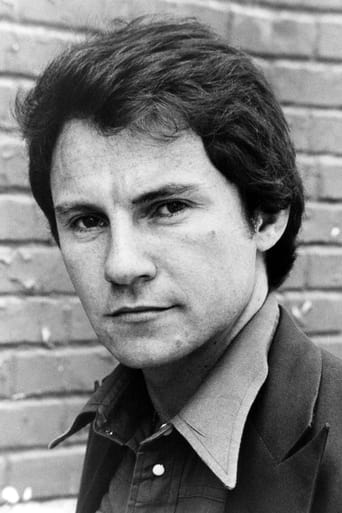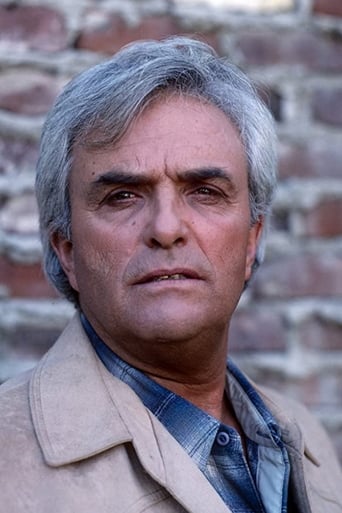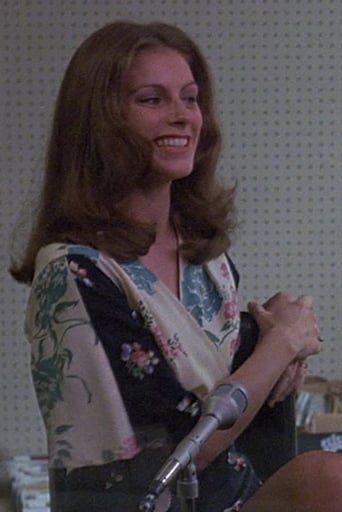That's the Way of the World (1975)
Record executives want a highly-regarded record producer to focus on a white pop act whom they feel has the sound America wants. To keep his creative integrity, Buckmaster carefully begins to fight the system that has made him the respected producer he has become.
Watch Trailer
Cast
Reviews
I cannot think of one single thing that I would change about this film. The acting is incomparable, the directing deft, and the writing poignantly brilliant.
Excellent characters with emotional depth. My wife, daughter and granddaughter all enjoyed it...and me, too! Very good movie! You won't be disappointed.
Excellent and certainly provocative... If nothing else, the film is a real conversation starter.
Although I seem to have had higher expectations than I thought, the movie is super entertaining.
This film was featured on the Decades You Were Born in 1970s. While the film could be forgettable, Harvey Keitel stands out as Coleman Buckmaster, a New York City music producer. The film has a largely forgettable storyline and romance between Coleman and Amanda. Coleman's entire life was dedicated to music. He goes to a party with music industry people. He wants to promote his group over a lily white singing group from Florida. His relationship with Amanda grows from their first meeting. The film is satisfactory overall. I enjoyed seeing New York City in the 1970s. Other then Keitel and Earth, Wind and Fire, I don't see many familiar names in the cast. If you're a devout Harvey Keitel fan, you will see this film as his breakout as a leading actor.
Harvey Keitel gives a typically top-rate performance in one of his first-ever lead roles as brash, ambitious, uncompromising young staff producer Coleman Buckmaster, a real talented hot shot with a discerning "golden ear" and the son of a famous jazz pianist to boot. Coleman's eager to cut some tracks with the smokin' R&B outfit the Group (none other than Earth, Wind & Fire in their awesomely funky prime), but his rigidly commercial greedhead label A-Chord Records run by uptight, mob-connected middle-of-the-road square Jerry (a properly unhip Ed Nelson) wants him to record a hit single for the hideously insipid Carpenters-like pop pap trio the Pages, an allegedly squeaky clean bunch which includes smarmy pedophile step-dad Franklin (a perfectly vile Bert Parks), bitchy, neurotic daughter Velour (a fine, flighty turn by perky, comely brunette Cynthia Bostwick), and hedonistic smack addict son Gary (former 50's juvenile sitcom staple Jimmy Boyd). The extremely naive and idealistic Coleman must learn pronto how the music business truly works and play the lowdown dirty game as best he can or else he'll lose both the Group and his credibility.Adopting an acrid, incisive, corrosively harsh and unsparingly biased script from syndicated columnist and rock journalist Robert Lipsyte, director Sig Shore (who's most famous for producing "Superfly") shows a decidedly cynical and unflattering depiction of the various bribes, pay-offs, broken promises, back-stabbings, duplicities and double-dealings which are an unpleasant, yet intrinsic part of the largely corrupt rock music business, with particularly thoughtful thematic asides concerning Art vs. Commerce, fighting to retain one's artistic integrity, and the then recent push to homogenize rock into bland, useless, creatively stagnant mainstream respectability. Moreover, this gritty, downbeat gem offers a rare fascinating, minutely detailed and wholly believable backstage glimpse at the recording process as recording booth console cowboy Coleman struggles gamely in his own words to "make chicken salad out of chicken s**t." Appearing in nifty bits are disc jockey and legendary "fifth Beatle" Murray the K as leering, lecherous DJ Big John Little (Velour bites his hand after Big John paws her thigh during a live on-air interview!), New York soul DJ and host of NBC's "Friday Night Videos" Frankie Crocker as his own jazzy'n'jivin' self, R&B singer-songwriter Doris Troy (she penned the lovely "Just One Look") as a church pianist, and tubby, bald-pated 70's blaxploitation favorite Charles MacGregor as a priest at a wedding. The rather poor sound and Allan Metzger's sloppy cinematography inadvertently add to the film's overall ragged, rough-around-the-edges documentary-style authenticity. Although technically a bit lacking, this movie overall still rates as one of the great, most bitterly pessimistic unsung behind-the-scenes rocksploitation gems from the 70's.
While it has been more than ten years since I have seen That's The Way of The World, I can say that anyone who sees the picture will appreciate it, and its view of the music industry. Harvey Keitel plays a record executive who appreciates the talent of a band played by Earth Wind and Fire. However, the record company is forcing him to promote a white popular act(based primarily on The Carpenters). While Keitel's character stays true to his heart, the overall message of the movie is that popular culture, expressed by music and images, maintains a discriminatory profile of American culture. If you see this movie, realize that it was made before disco became truly popular in the USA.Another point to mention is that the movie deserves a look, but suffered because it was hard to market. Yes, unfortunately in 1975, American society was still segregated. Black music was marketed to blacks only, while popular music was either rock/heavy metal or melody music. Because white audiences were not as familiar with EWF, they did not care that they were in the picture. On the other hand, this was at the climax of the blaxploitation era, and the soundtrack and appearance of EWF were hyped to black audiences. However, when people saw the film and realized that the group only make brief appearances, they turned away.My point is that because of the racial attitudes of American culture in 1975, the movie was not appreciated as it should have been. So when you watch it, please do so with an open mind. One of the more refreshing things about it is that it is a drama with more substance than style, and easy to get into without always being reminded that you're watching something from the 1970s.Charles Stepney, who was involved in the making of the motion picture, was a close associate of Maurice White. He was involved in EWF's music leading into this project.
This is an often amusing insider look at the music business. Keitel plays a producer who is saddled with a G-rated group and is expected to make them popular with the public. There are lots of satirical in-jokes about the egos of recording stars, their managers and the people who run the studios. It has a lot of 70s nostalgia value and many of the philosophies spouted by the characters are still en vogue with the music biz today. All in all, a good job by all involved.
